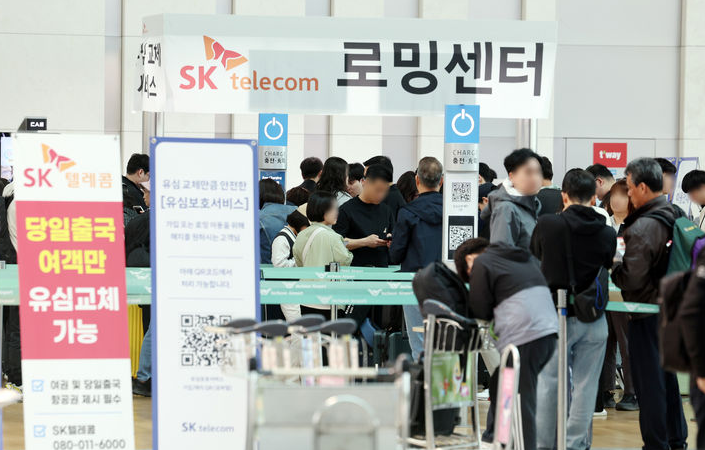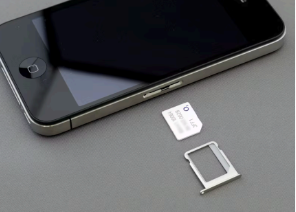
In April 2025, SK Telecom, South Korea’s largest mobile phone company, was hit by a major cyberattack. Hackers broke into the company’s systems and accessed customer data from USIM (Universal Subscriber Identity Module) cards. These chips are found in most phones and contain important information like phone numbers, identity data, and sometimes even saved contacts or text messages. This serious breach has left many people worried about their privacy and unsure if they can trust their phone provider to protect their personal information.

What Happened?
On April 18, SK Telecom announced that hackers had used malware to access its internal system. Through this malware, they were able to reach the data stored on USIM cards. Although SKT didn’t say exactly how many users were affected, the company has over 23 million subscribers—almost half of South Korea’s mobile market—which many experts believe means the number could be huge. Security professionals have warned that this kind of data could be used for SIM swapping, a type of fraud where someone steals your phone number to access your online accounts.
On April 28, SK Telecom began offering free USIM replacements at over 2,600 retail stores across the country. The company also promoted its USIM Protection Service, which is designed to block suspicious activity and protect customers from further damage.
 However, only around 1 million new cards were available at first, which wasn’t nearly enough. SKT promised to secure 5 million more by the end of May, but that still leaves millions of users without a solution. On the first day, more than 230,000 people visited SKT stores to get new cards. In many areas, lines were long, and stores quickly ran out of inventory. Some customers shared their frustration on social media or in news interviews, complaining that the company should have prepared better.
However, only around 1 million new cards were available at first, which wasn’t nearly enough. SKT promised to secure 5 million more by the end of May, but that still leaves millions of users without a solution. On the first day, more than 230,000 people visited SKT stores to get new cards. In many areas, lines were long, and stores quickly ran out of inventory. Some customers shared their frustration on social media or in news interviews, complaining that the company should have prepared better.
SKT also said it’s working on a way to secure existing USIM cards without replacing them physically, but details about how that system would work are still unclear. Many people online are saying they want clearer answers and faster action from the company.
 The South Korean government is now investigating the hack. Acting President Han Duck-soo called for a full investigation of SK Telecom’s handling of the incident. Police have formed a special 22-person investigation team to look into how the cyberattack happened and how it could have been prevented.
The South Korean government is now investigating the hack. Acting President Han Duck-soo called for a full investigation of SK Telecom’s handling of the incident. Police have formed a special 22-person investigation team to look into how the cyberattack happened and how it could have been prevented.
Public Reaction and Expert Commentary
Cybersecurity researchers say this hack shows that many companies aren’t doing enough to protect people’s information. Instead of just focusing on business and profits, companies need to take stronger steps to defend against cyber threats.
Lawmakers and tech experts are urging companies to improve their cybersecurity systems to avoid similar problems in the future.
Some people have lost trust in SK Telecom, especially because the company didn’t share much information at first. On online platforms and in interviews, customers have said they feel stressed, confused, and unsupported.
Even though this incident happened in South Korea, similar attacks could happen anywhere. As smartphones become more deeply integrated into our lives, the risks tied to mobile data increase. Countries around the world are facing growing cybersecurity risks, and telecom companies need strong security systems and clear plans for what to do when things go wrong.
A Wake-Up Call
The SK Telecom hack is a reminder of how fragile digital privacy can be. It showed that even big companies can be vulnerable, and when they are, it’s the people who have to deal with the consequences. SK Telecom now has to work not only on fixing its systems but also on rebuilding public trust. People want to feel safe when using their phones, and companies need to take that responsibility seriously.
<Hyeona Kim, Student Reporter> Crescenta Valley High School hkim0741@stu.gusd.net
A well-organized, informative piece that clearly outlines the scale of the breach and its societal ripple effects.






